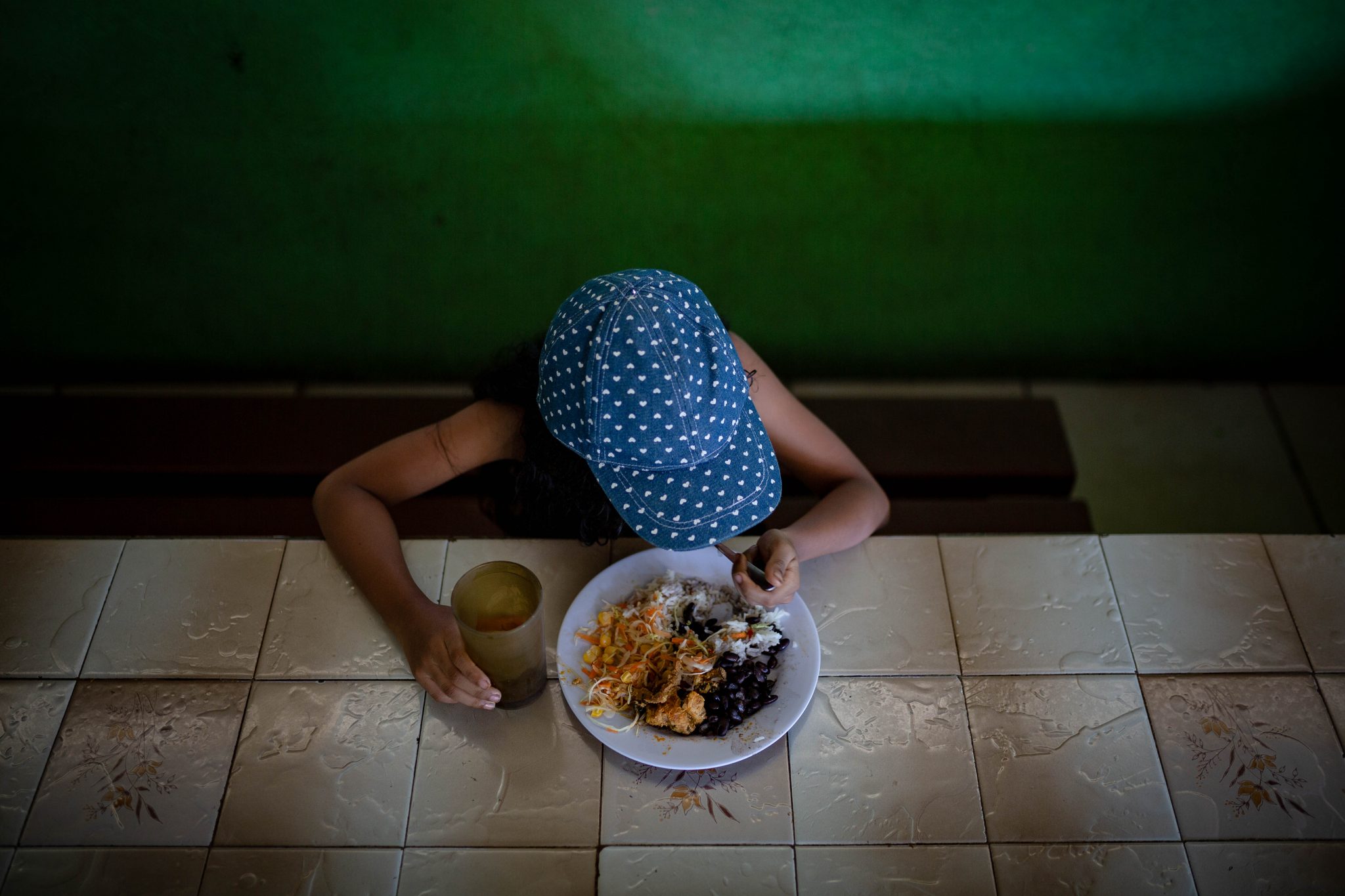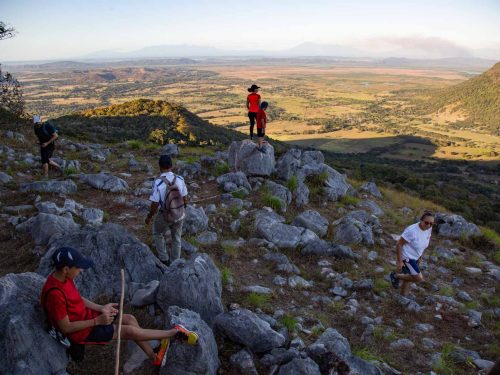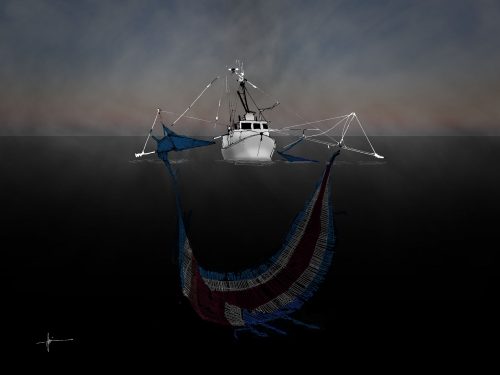
Starting in July, the National Children’s Board (PANI) in Guanacaste will work continuously to attend emergencies involving children and adolescents.
Currently the institution does not have personnel to attend emergencies at night or on weekends because the offices located in Cañas, Liberia, Santa Cruz and Nicoya work only from Monday to Friday from 8 a.m. to 4 p.m.
This measure seeks to attend those who are in serious danger, said the PANI’s president, Gladys Jiménez on Thursday, May 7 at a press conference.
I always say that situations of violence, mistreatment and abuse do not necessarily occur during the hours of 8 a.m. to 4 p. m. They occur at night and on weekends,” she added.
When a complaint or emergency enters 911, this PANI team will carry out a preliminary investigation “to determine risk situations and thus dictate the corresponding protection measure,” Jiménez explained. At this time, emergencies in the province are only attended by other bodies such as firefighters, the Red Cross or the Public Force.
The minister said that this measure is necessary taking into consideration that many people in the country approve physical punishment to educate. Guanacaste is the province that reports the highest percentages of physical punishment, psychological aggression and any violent method as a form of discipline, according to the Survey of Women, Children and Adolescents published in 2019 by the National Institute of Statistics and Censuses (INEC). In that survey, 45% of minors between the ages of 1 and 14 in the province claimed to have experienced physical punishment as a way to discipline them.
For years, 24/7 emergency care was enabled only in San José, but recently the service was expanded to Alajuela and the Brunca Region (which serves cantons in the Southern Zone such as Corredores, Golfito, Ciudad Neily, Pérez Zeledón, Buenos Aires, San Vito and Coto Brus).
In a week and two days that the service has been available in Alajuela, 26 minors have been treated in a state of neglect, physical violence and family violence, Alajuela regional director Yorleny Mora explained at the conference.
Both Jiménez and President Carlos Alvarado promised that by October the remaining regions (Cartago, Heredia, Zona Norte, Limón, Puntarenas and Guanacaste) will have such care called Immediate Attention Response Units (URAI). The PANI press officer, Fanny Cordero, said that in July it will be enabled in Guanacaste.
Continuous care
The institution also enabled a WhatsApp number, 8989-1147, where the minors and caregivers, fathers and mothers can make inquiries or complaints. According to Jiménez, during the week that they have had that number available, they attended 450 consultations.
This channel was added to the free and confidential telephone line 1147, where psychologists and social workers attend to children and adolescents.
For Jiménez, opening those channels is important because the places where minors could traditionally report are closed due to the emergency of the COVID-19, such as school, college, or with other neighbors when they went out to the plaza to play.
The WhatsApp service and the 24/7 program allows us to get closer to our population and to be able to attend emergency situations,” said the minister.
They also have the number 800-2262526 available for teenage mothers. There, adolescents can receive information on study options or scholarship procedures, care alternatives, legal advice, and psychosocial and legal support.









Comments